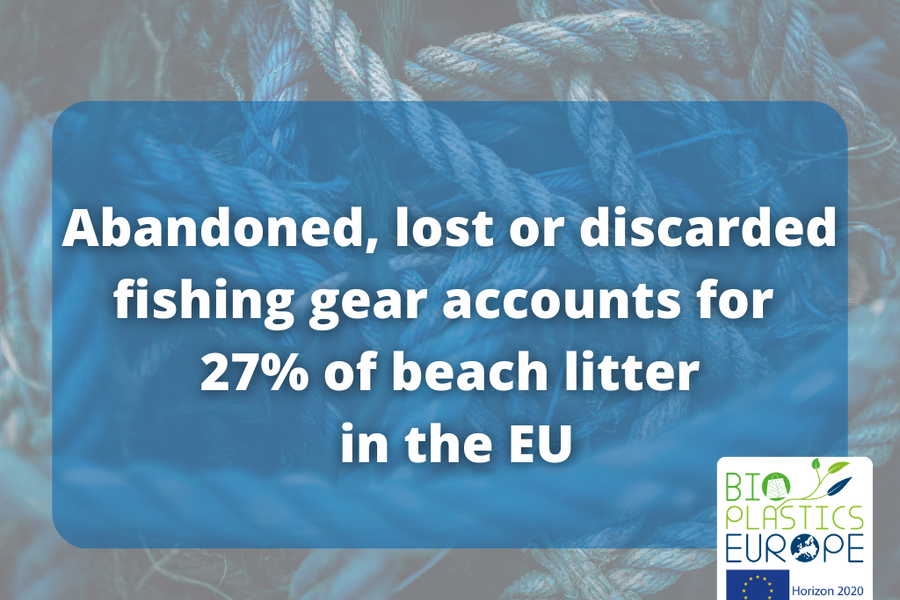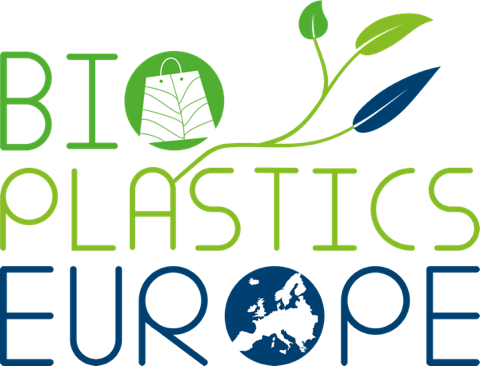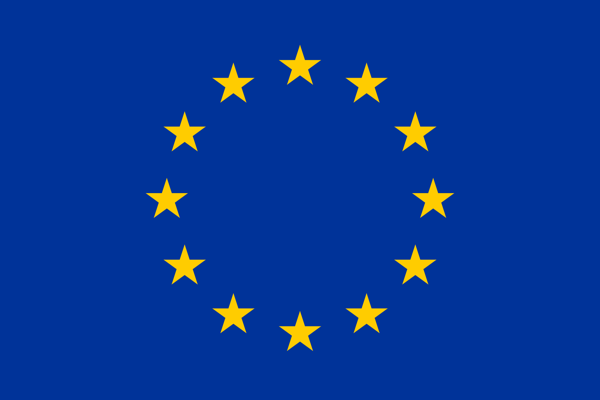Horizon 2020 cluster meeting on marine litter
The European Research Agency has organised a cluster meeting with Horizon 2020 projects dealing with marine litter. BIO-PLASTICS EUROPE Coordinator Prof. Walter Leal and Lead Project Manager Dr. Jelena Barbir were present.

More than 80% of marine litter items are plastics. Abandoned, lost or discarded fishing gear accounts for 27% of beach litter in Europe, while 50% of that litter is composed of single-use plastic products, which are meant to be discarded after used only once.
But what is being done to solve this problem?
The EU ban on single-use plastics establishes that, by 3 July 2021, EU countries have to ensure that certain products are no longer placed on the EU market, such as cotton bud sticks, cutlery, plates, straws, stirrers, etc.
For plastic fishing gear, different measures apply. By 31.12.2021, EU countries with marine waters will have to set a national minimum annual collection rate of waste fishing gear containing plastic for recycling. Additionally, all EU countries will have to report on fishing gear containing plastic placed on the market. With those measures, the fishing industry will have incentives to remove fishing gear from the ocean.
The European Research Executive Agency (REA) has organized a cluster meeting on Horizon 2020 research and innovation projects dealing with marine litter on 01.06.2021. In this meeting, BIO-PLASTICS EUROPE's Coordinator Prof. Walter Leal and Lead Project Manager Dr. Jelena Barbir from HAW presented the project´s current activities and together with other participants shared their opinions on the main challenges to cleaning beaches, seas and oceans from plastics.
Those are necessary steps to keep plastics “in the loop” instead of thrown away into the environment. Our project aims to contribute to this end by incorporating circularity and sustainability to maximize the value of materials along the entire value chain.
`
Download area
Presentation of BIO-PLASTICS EUROPE
`


